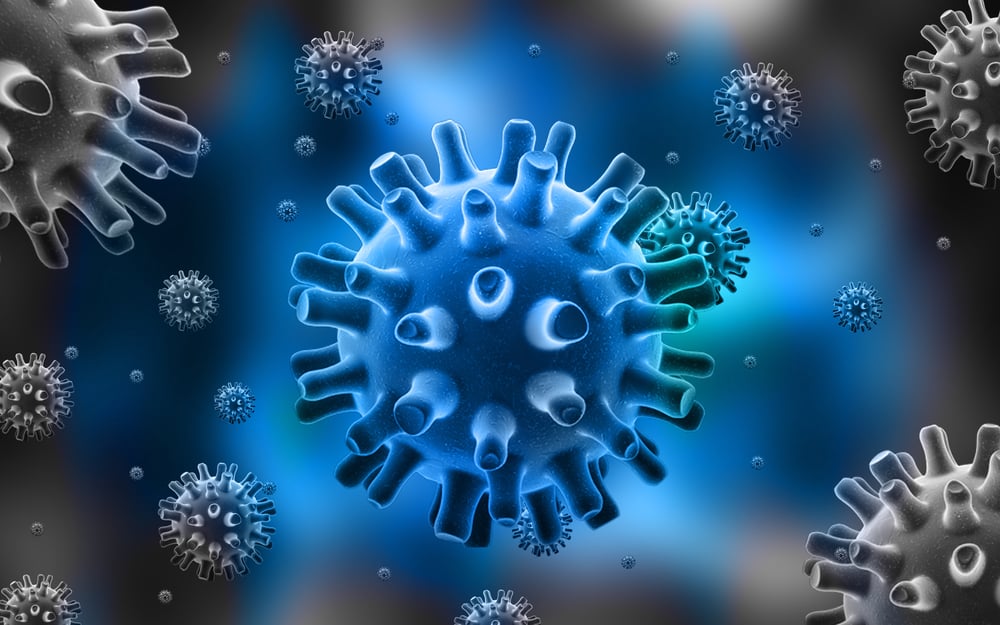Newsletter Signup - Under Article / In Page
"*" indicates required fields
The U.S. Food and Drug Administration has approved Vyjuvek, a herpes-simplex virus type 1 (HSV-1) vector-based gene therapy, for the treatment of wounds in patients 6 months of age and older with dystrophic epidermolysis bullosa (DEB) with mutation(s) in the collagen type VII alpha 1 chain (COL7A1) gene.
The approval of Vyjuvek was granted to Krystal Biotech, Inc. The company applied for approval in June, 2022.
DEB is a genetic disorder that affects the connective tissue in the skin and nails and results from mutation(s) in the COL7A1 gene. This gene encodes type VII collagen (COL7), which is an essential protein that helps strengthen and stabilize the outer and middle layers of the skin.
When COL7A1 is deficient, skin layers can separate, causing painful and debilitating blisters and wounds. DEB usually presents itself at birth and is divided into two major types depending on the inheritance pattern: recessive dystrophic epidermolysis bullosa (RDEB) and dominant dystrophic epidermolysis bullosa (DDEB).
Varied DEB symptoms
Symptoms can vary widely among affected people. Individuals with DDEB typically have mild cases with blistering primarily affecting the hands, feet, knees, and elbows. RDEB cases can be painful and debilitating, often involving widespread blistering that can lead to vision loss, disfigurement, and other serious medical complications, which could be fatal.
About Krystal Biotech’s Vyjuvek
Vyjuvek is a genetically modified herpes-simplex virus used to deliver normal copies of the COL7A1 gene to the wounds. COL7 molecules arrange themselves into long, thin bundles that form anchoring fibrils that hold the epidermis (skin) and dermis together, which is essential for maintaining the integrity of the skin. Vyjuvek has also been modified to eliminate its ability to replicate in normal cells.
Vyjuvek is mixed into an excipient (non-active ingredient) gel prior to topical application. A healthcare professional evenly applies Vyjuvek gel in droplets to a patient’s wounds once a week.
Vyjuvek study details
The safety and effectiveness of Vyjuvek was established primarily in a randomized, double-blinded, placebo-controlled study involving a total of 31 subjects with DEB, including 30 subjects with RDEB and one subject with DDEB. In the study, two DEB wounds of comparable size on each patient were identified and randomized to receive either topical administration of Vyjuvek or the placebo on a weekly basis.
The age of the subjects ranged from 1 year to 44 years (mean age 17 years). Efficacy was established by improved wound healing, defined as the difference in the proportion of confirmed complete (100%) wound closure between the Vyjuvek-treated and the placebo-treated wounds at 24 weeks.
Sixty-five percent of the Vyjuvek-treated wounds completely closed while only 26% of the placebo-treated wound completely closed.
In addition, in a different clinical study, two young patients with RDEB (6 and 7 months of age, respectively) received topical Vyjuvek weekly without any new safety findings.
Biotech companies tackling DEB
Other companies are also tackling dystrophic epidermolysis bullosa. In June last year, Amryt Pharma’s topical gel Filsuvez received European Union (EU) approval for the treatment of partial thickness wounds associated with dystrophic and junctional EB in patients 6 months and older.
In November, Replay announced the launch of Telaria, a herpes simplex virus gene therapy company targeting rare skin diseases.






